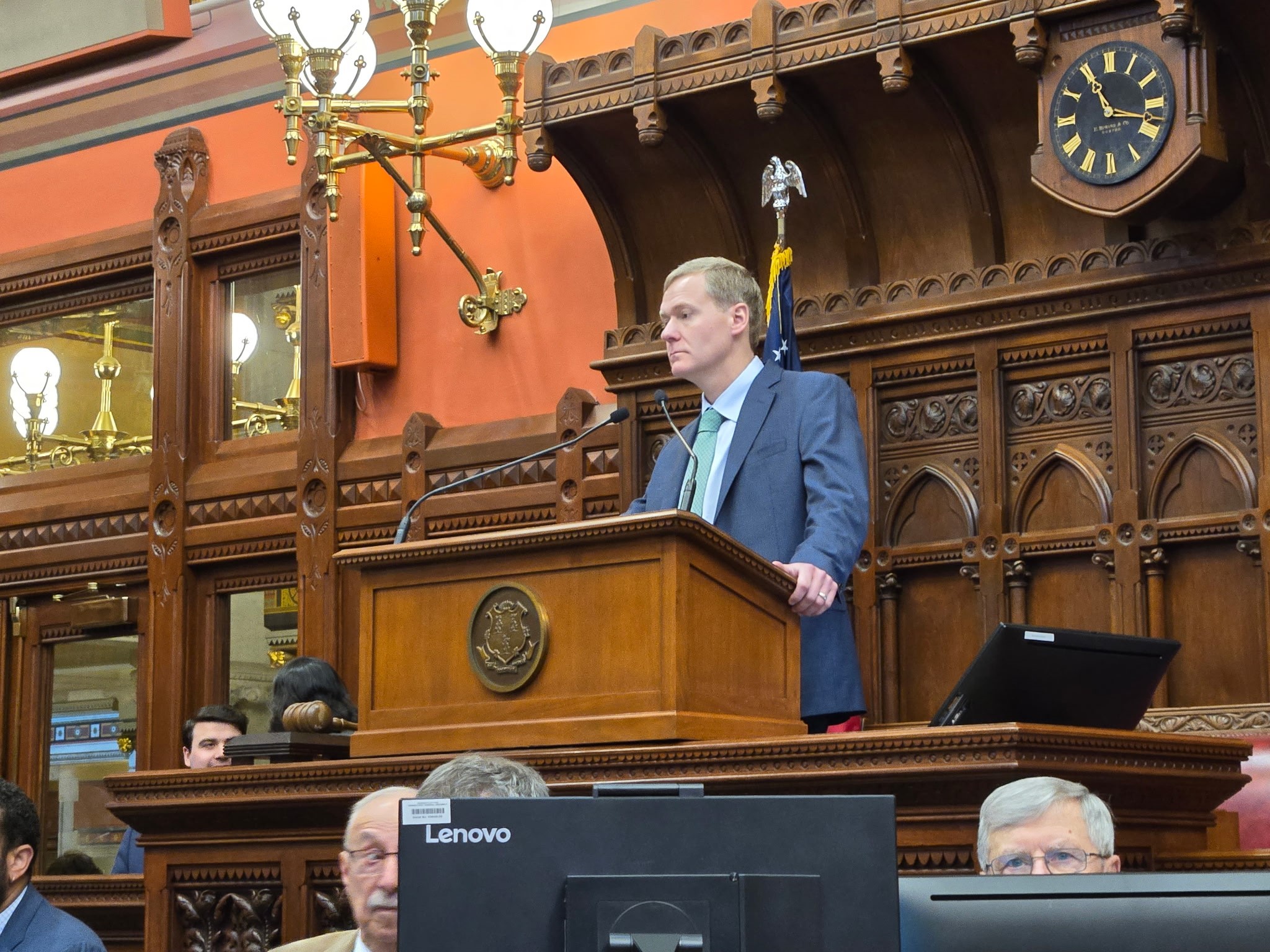Electric bills for most Connecticut customers will be going up yet again next month.
Electric bills for most Connecticut customers will be going up yet again next month.
The Public Utilities Regulatory Authority (PURA) approved rate increase requests for both Eversource and United Illuminating on Wednesday morning.
The utilities said they need the rate increases to cover costs of electric vehicle charging stations installed around the state.
A spokesperson for Eversource said the company expects the new increase for typical residential customers using 700kWh per month will be an additional $3 per month from Sept. 1 through April 30, 2025.
Get top local stories in Connecticut delivered to you every morning. Sign up for NBC Connecticut's News Headlines newsletter.
This latest increase comes just after a change to electric bills with a new state law that took effect July 1.
Beginning last month, the public benefits portion of electric bills surged dramatically for Eversource and United Illuminating customers. For many customers, their bills increased by as much as 25%-30% in July.
The public benefits payments support energy efficiency, renewable energy sources, and power bill assistance for those in need.
Local
Eversource is also trying to offset nearly $800 million to keep the Millstone nuclear power plant running and to recoup costs for a nearly four-year moratorium on power shutoffs during the pandemic.
Eversource has said it warned PURA of a looming surge when it said PURA artificially set rates too low to cover costs.
Eversource spokesperson Tricia Taskey Modifica released a statement after Wednesday's decision:
"We appreciate PURA’s decision on this important matter. Thanks to Governor Lamont, his administration brought together the energy companies and key stakeholders like the Office of the Attorney General, DEEP, PURA, and OCC to forge a path forward to continue the state’s electric vehicle rebate program. Helping get more electric vehicles on the road is good for air quality and helping the state fight climate change, which we support. We will continue to advocate for regulatory policies which provide for stable and predictable rates for customers while also supporting Connecticut’s public policy goals."
United Illuminating also released a statement on Wednesday afternoon:
"We are pleased with the outcome of today’s Revenue Adjustment Mechanism (RAM) decision, which acknowledges that Connecticut cannot continue delaying the funding of legislatively mandated public benefits programs collected on customers’ electric bills instead of the State’s General Fund. In this decision, PURA has clarified the standards of recovery for Connecticut EV incentive programs. This decision provides us with stable and predictable cost recovery mechanisms for these crucial programs, created by state policymakers to help meet Connecticut’s clean energy goals. The public benefits costs associated with administering these programs are passed directly to consumers with no markup by the company. These incremental amounts approved by PURA in their decision support these programs and will be reflected in customer bills beginning next month and will go directly towards administering this essential program, supporting Connecticut’s clean energy transition policy."
The Office of Consumer Counsel is asking PURA to reconsider the rate hikes, both on July 1 and the new hike approved on Wednesday. If not, they ask the regulatory agency to open a new proceeding to find ways to create more transparency so that customers can better understand their electric bills.
Republicans are blaming Democrats and want to use the state's surplus to pay for some of the public benefits, including the COVID moratorium on shutoffs and the electric vehicle program.
"There is a disconnect between what government is doing and how much people are suffering at home," Rep. Vincent Candelora, (R) Minority Leader.
Sen. Norm Needleman, (D) Essex, and co-chair of the Energy and Technology Committee, said the legislature could consider helping offset the cost of support electric vehicles. He said other costs are harder to predict.
Keeping them as part of the electric bill also means people pay them based on energy usage and not from their taxes.
"I don’t blame the republicans for making political statements, but that’s not really a solution," Needleman said.



